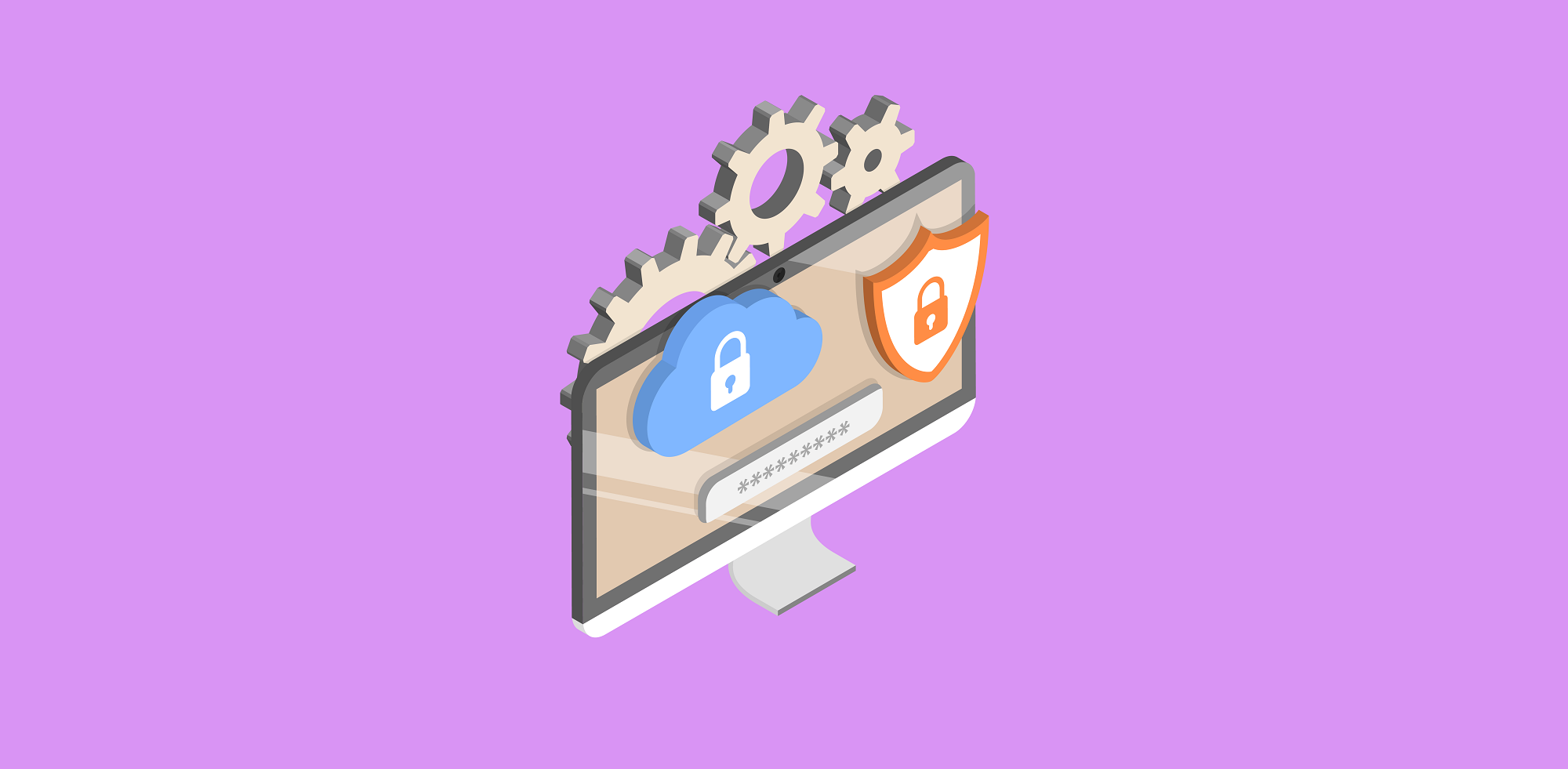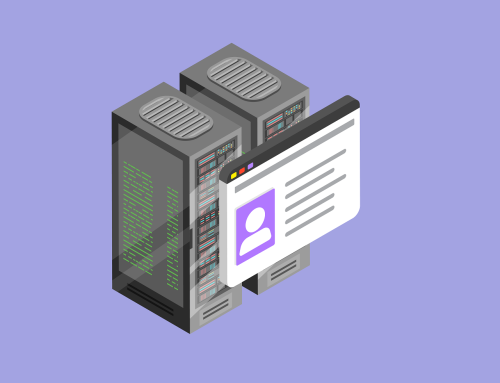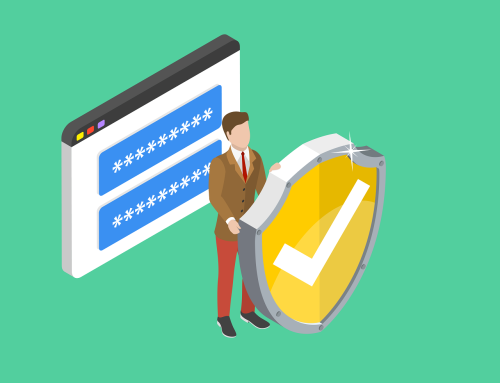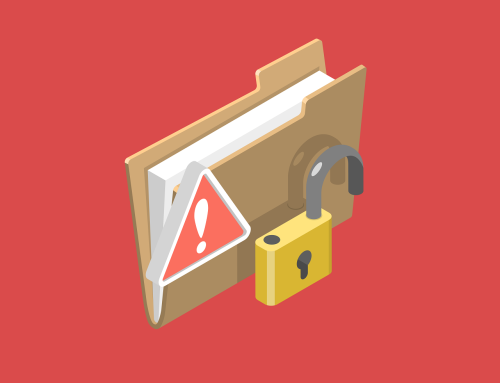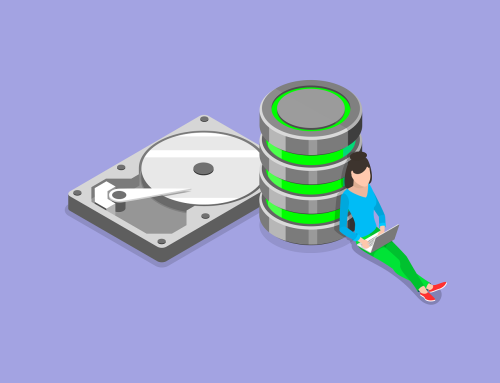Essential Files You Must Encrypt to Safeguard Your Data
Protecting sensitive information is more important than ever for your organisation. Encryption is a powerful tool that ensures your data remains secure, even if it falls into the wrong hands.
Encryption is the process of transforming information in a way that, ideally, only authorized parties can decode. This process converts the original representation of the information, known as plaintext, into an alternative form known as ciphertext
It’s always important to consider which files should you prioritise. Discussed below are the main files you should encrypt to protect your data.
Financial Records
Financial records can include anything from bank statements, invoices, payroll records to revenue documents. Encrypting these types of files can prevent unapproved access, ultimately reducing the risk of financial fraud and identity theft.
Financial data is a top target for cybercriminals, so it’s always important to take the necessary precautions to keep it secure.)
Communications
Organisations use the internet for communications now more than ever. This means that encryption needs to be of primary concern, to avoid malicious third parties from accessing internal and external communications.
Emails often contain sensitive information about business transactions, personal details, as well as include private conversations. Encrypting emails can prevent unauthorised interception from attackers.
End-to-end encryption is crucial for protecting instant messaging communications on platforms such as Microsoft Teams or Zoom when sensitive information is being sent or discussed.
Similarly, VoIP (Voice over Internet Protocol) or online voice calls need to be protected to ensure that private conversations remain confidential.
Customer Data
Many organisations assume passwords and firewalls are enough to protect customer data in the event of an attack. But, with cyber threats evolving rapidly these measures often fall short. Customer data that should be encrypted includes information such as names, addresses and PPS numbers.
Customer payment information should also be considered sensitive data that requires encryption as credit card information is often one of the most sought-after aspects of cybercrimes.
Much like with customer data, protecting the sensitive data of your employees is also an important task. Payroll information, personal identification and performance reviews are all sensitive pieces of information which can be exploited to commit fraud. Encryption reduces that chances of a significant compromise where identity theft could take place.
Legal Documents
Legal documents often involve significant personal and financial stakes. Encrypting them ensures that sensitive legal information is protected from unauthorised access. Examples of legal documents that should be encrypted include contracts, legal agreements and communications between the organisation and legal firms.
Intellectual Property
Protecting intellectual property is essential for maintaining a competitive edge in the business world. It is one of the most valuable assets a business can have. This includes designs, patents, trademarks and trade secrets.
The theft of IP can lead to significant financial losses for an organisation. For example, if a competitor gains access to a company’s trade secrets or patented technology, they can replicate the product and potentially reduce the original company’s market share.
Portable Devices
As portable devices can be easily stolen, it’s always important that they have a layer of protection in place.
Phones, tablets, external USBs and hard drives often contain a wealth of personal and business information. Encrypting these devices ensures that data remains secure even if the device is compromised.
Encrypting sensitive files is a critical step in protecting your personal and business data from unauthorised access.
By focusing on the types of files outlined above, you can ensure that your most valuable information remains secure in the event of a potential attack. Start evaluating your files today and implement encryption where it matters most.
Are you preparing to alter your data management strategy? If so, contact us today on +353 1 8041298, or click on the link below to our contact form.


